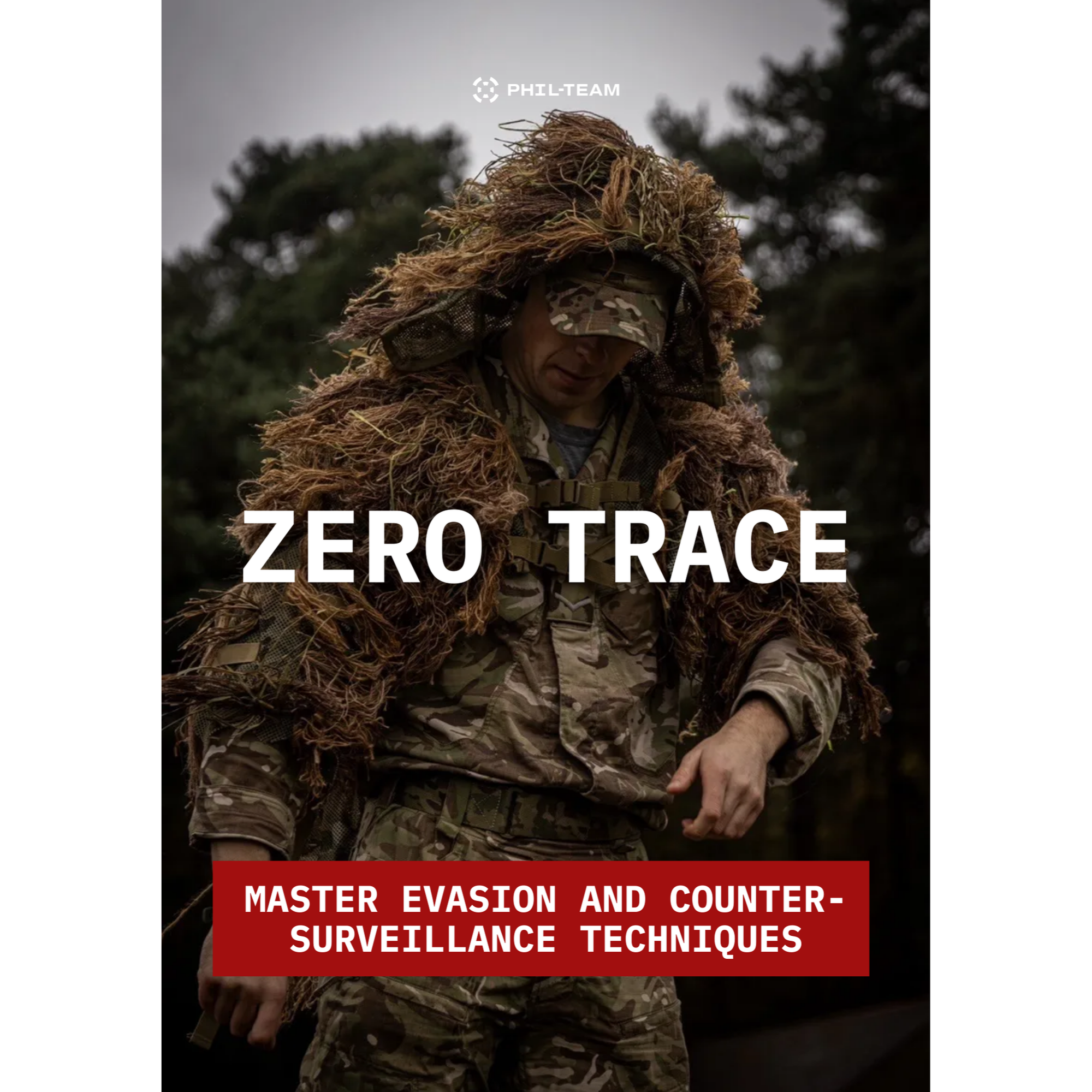Contractors: Today's Mercenaries?
Private Military Companies ( PMCs ) operate on behalf of businesses, NGOs, or governments, providing security and/or defense services.
Formerly called mercenaries, contractors have become the "legal format" of the profession. They are the ones employed by military companies to fulfill contracts. Politically, contractors generally act in conflicts on the side of states, unlike mercenaries, who can be on the side of states or insurgents.
Previously unpopular, this very specific profession is becoming legalized in France. Already very popular and accepted in English-speaking countries, however, on the national territory, contractors are seeing their profession recognized for carrying out maritime protection missions, particularly against piracy.
By the end of this article, you will know how to become a contractor, what kind of missions a private soldier can be hired for, and why this profession is so controversial.
How to Become a Private Soldier?
You don't have military training but still want to become a contractor? The pay seems exceptional and motivates you to take the plunge. Let's first draw up an objective list of what you can expect if you make this choice.
The majority of men in this position are former military personnel. Why? Field experience and combat experience cannot be learned. Yes, there are training programs on the market. Training programs that are often quite expensive, with little guarantee of employment at the end.
You should be aware that this environment is relatively closed. I doubt you'll find ads on Indeed or Pôle Emploi from companies offering to send you to Iraq to fulfill a contract. The advantage of former military personnel is their network: the proximity of their profession allows them to rub shoulders with contractors or heads of these companies.
We're not questioning training, but ask yourself this question: a company is faced with the choice between a man who has completed a 4- to 6-week training course and a former military man who served for 5 years in an army regiment. Who do you think the private company will choose?
Sure, the contracts are lucrative, and the pay is attractive (some earn up to €10,000 per month). But you can imagine that at that price, your life doesn't mean much.
If, despite these different aspects, you wish to take this path, we will tell you about different training courses available in Great Britain and abroad:
These different organizations will teach you a wide range of skills in a relatively short period of time: shooting, close protection, urban combat, hand-to-hand combat, safety and engagement rules, etc.

contractor of the well-known BlackWater Private Company
The Contractor's Missions
Private military companies are responsible for different missions.
Logistics
Contractors performing this type of work are responsible for the construction of equipment, the supply of food and materials, and the maintenance of specific equipment. To ensure maximum competence, private companies impose fairly strict selection criteria for future employees. They require the mastery of specific skills.
Security
These missions are their core business. However, these missions only concern a small percentage of contractors. These missions require a high degree of skill, and are therefore not accessible to everyone. The spectrum of their operations ranges from the surveillance of facilities to the close protection of public figures.
Advice & Tactical Assistance
Private military companies may offer combat simulation services. They may also act as tactical consultants, offering advice for the benefit of their employers. Contractors also sometimes provide combat assistance. In this case, they are often considered mercenaries.
Intelligence
A highly strategic and sensitive sector, it is subject to drastic selection for those who would like to apply for this type of operation. Since this type of mission is prohibited in France, the CIA is best known for having outsourced this service to a private organization.
The controversy
These four major missions that can concern contractors are the best known. This environment remains rather vague and very controversial, hence the lack of information. For many military personnel, they act as "cowboys," bounty hunters. According to public opinion, they are likened to common mercenaries, carrying out missions without regard for the moral commitment of the latter. Given that carrying out missions for money is their job, they would act as much on the side of "good" as on the side of "evil."
Some private companies thus intervene in a barely veiled manner for lobbying, mining, diamond or oil extraction companies in unstable countries such as Sierra Leone, Angola or the Democratic Republic of Congo (formerly Zaire). Their involvement in the game of certain multinationals contributes to the prolongation of conflicts.
However, they are recognized for their excellent fighting qualities. Being trained to carry out missions with a high degree of commitment, private companies do not skimp on the means to train their men.

contractor on close protection mission
In Conclusion
Historically, mercenaries have always existed. Today, they are becoming increasingly popular with legal status. Their flexibility and rapid response capacity are assets that work in their favor. These qualities make them increasingly employed as fighters to assist the government, even in certain conflicts.
However, the downside is clear: the lack of oversight over private military companies makes their existence controversial. Many believe contractors are open to abuse, as no one has control over the contracts they award.















0 comments